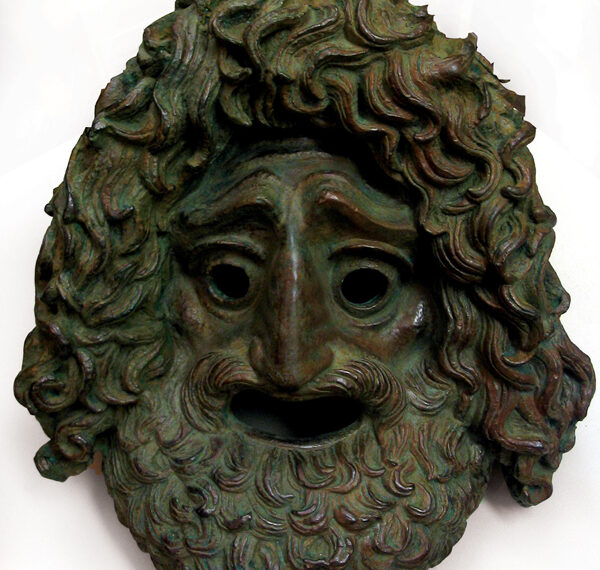The word “parodía” comes from the Greek prefix “par-” (meaning “beside” or “alongside”) and “odía” (meaning “song” or “ode”). It was originally used to describe a form of ancient Greek comedy in which poets would mock or ridicule other poets or works of literature through satirical imitation.
Over time, the word “parody” has evolved to refer to any kind of humorous or satirical imitation of a work or style, whether it be in literature, music, film, or other forms of media. It is often used to poke fun at or ridicule a particular subject or style, and is often used as a form of social or political commentary.
In modern English, the word “parody” is often used to describe humorous or satirical imitations of works or styles that are intended to be humorous or comical. However, it can also be used more broadly to refer to any kind of imitation or mimicry that is intended to be humorous, whether it be in literature, music, film, or other forms of media.
Despite its evolution over time, the word “parody” still retains its roots in the Greek word “parodía,” and its use in English reflects its rich history and cultural significance in the Greek language and literature.


